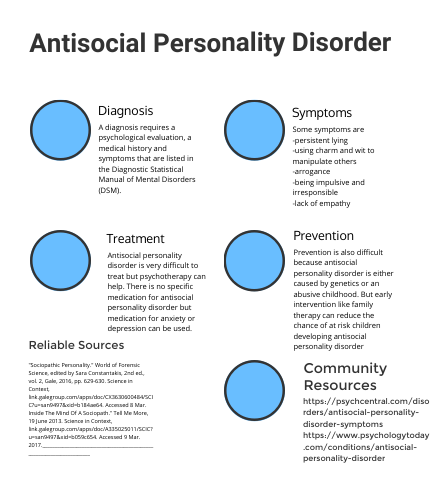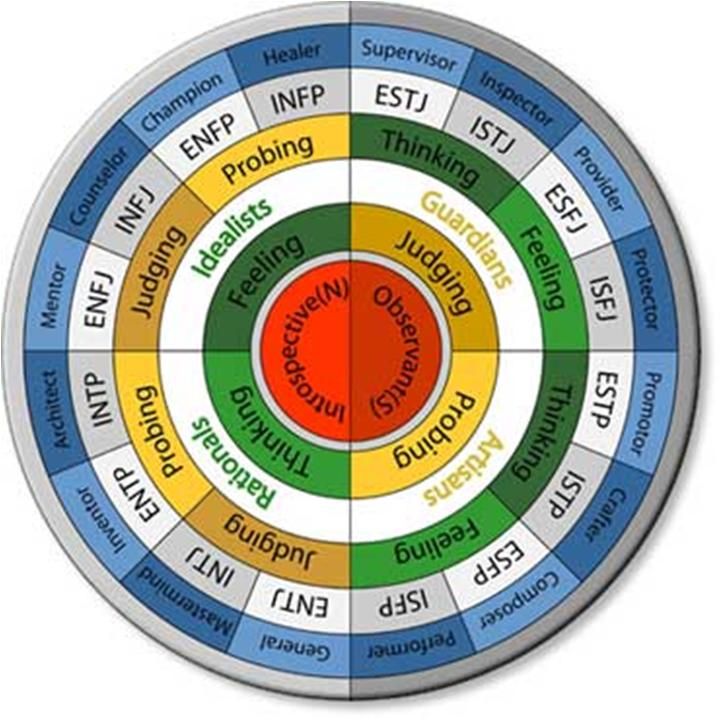Expectations of a spouse
The Difference Between Realistic and Unrealistic Expectations in Marriage
We all have expectations. We expect the sun to rise and seasons to change (all in one day for those of us in Tennessee). Perhaps we expect our spouse to put their dirty clothes in the hamper. We expect the post office to deliver our mail.
We base our expectations on personal experiences and understanding, often beginning in childhood. They are birthed from how we believe the world works. They may be rational or irrational, realistic or unrealistic. Grounded in truth or fantasy. Based on facts or opinions. Stem from our experiences and decisions.
If we aren’t careful, expectations can negatively impact our marriage. In the National Survey on Marriage in America, the National Fatherhood Initiative reported that 45% of divorced respondents said unrealistic expectations contributed to their marriage ending. That’s almost half of all divorcees surveyed.
Marriage is a partnership, and healthy couples desire what is best for each other. To know what each person needs, you’ll want to communicate often about what you expect. It won’t be a one-time conversation because expectations change with the seasons of marriage.
The first step is to identify what our expectations are. The next step is to recognize what is realistic and what isn’t.
So, what are realistic expectations?
Realistic expectations are those that can be met. You can discuss them and agree about them. Some realistic expectations require compromise. These could be expectations around household chores, sex, and finances, among others.
Here are some examples of realistic expectations:- Sharing responsibilities around the house. Remember, marriage is a partnership.
- Showing respect to each other. This is crucial and foundational.
- Speaking kindly. Words have power.
 Uplift each other with words of life.
Uplift each other with words of life. - Saying “I love you” often. You just can’t say this too much.
- Trusting each other. Trust is essential. If trust is broken, work to repair and heal.
- Honoring each other’s dreams. Our dreams are often different. That’s ok. Encourage each other to chase those dreams.
Unrealistic expectations are the ones we may not say out loud. They’re the unspoken ones. We somehow expect our spouse to read our minds and know what we want and how we want it done. (Like knowing exactly how to fold towels. Or is that just my marriage?) Sorry to burst your bubble; they can’t read your mind. As much as that would be great, it doesn’t happen.
How do we resolve unspoken expectations? You’ve probably heard this before – communication.
So, we can solve some unrealistic expectations by simply discussing what we each expect in our marriage. Write it down, talk about it, resolve any issues and make a plan to move forward together.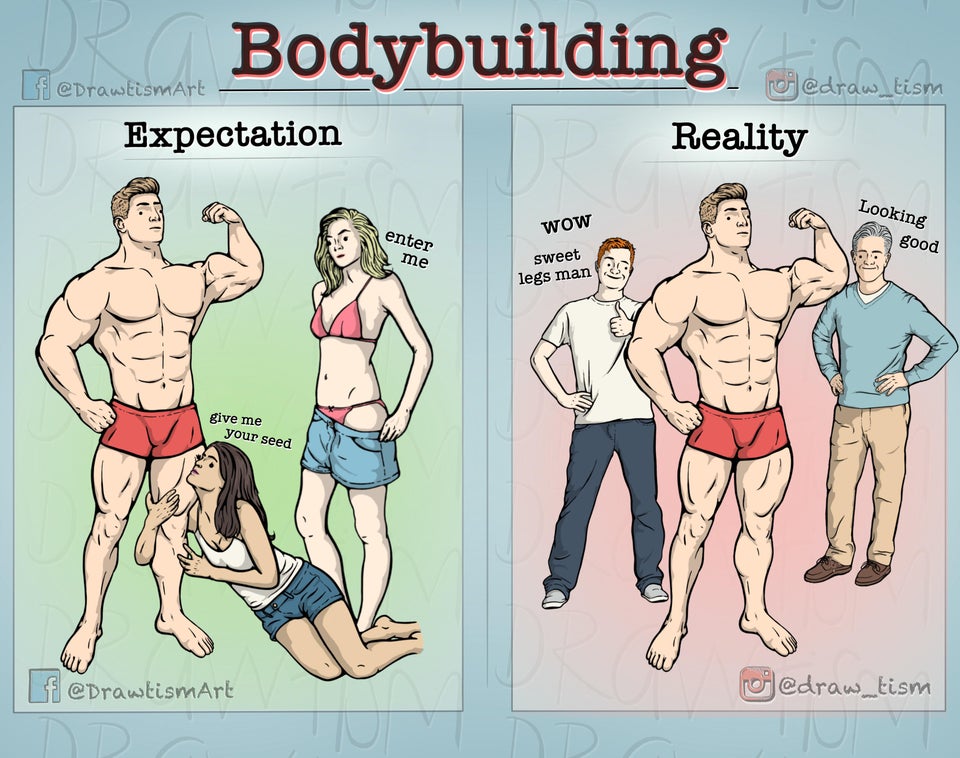 Don’t miss that “together” piece. Remember, you’re on the same team.
Don’t miss that “together” piece. Remember, you’re on the same team.
Let’s be honest. Some expectations are just plain unrealistic and unhealthy.
Here are examples of some unrealistic expectations:- Your spouse is responsible for your happiness. You alone are responsible for your happiness. You can’t put that responsibility on anyone else; it’s unattainable.
- Your spouse will complete you. Your spouse may complement you, but they don’t complete you. They can’t.
- The person you married will never change. We all change and grow. Hopefully, we grow in healthy ways together. But change is inevitable.
- Your spouse’s life should revolve around you. Each of you is an individual. A marriage is made up of two individuals, loving and caring for one another.
- All of your time should be spent together. We all have different interests, and that’s ok.
 Your spouse shouldn’t completely ignore you and not spend any time with you. But it’s ok to have other interests and hobbies.
Your spouse shouldn’t completely ignore you and not spend any time with you. But it’s ok to have other interests and hobbies. - Your way is the right way. Marriage requires compromise from two different people with different backgrounds and experiences. Compromise in marriage is a beautiful thing.
We all have expectations, but they don’t have to derail a marriage. Come together as partners and communicate what you expect. Keep the conversation going. If one of you is unwilling to compromise or maintains unrealistic expectations, you may need professional help. A counselor who wants to see your marriage succeed can help you work through the tough stuff.
Other helpful blogs:- How to Deal With Unspoken Expectations
- The Difference Between Sacrifice and Compromise in a Relationship
- 4 Signs Your Marriage is Healthy
- What if My Marriage Doesn’t Make Me Happy?
***If you or someone you know is in an abusive relationship, contact the National Hotline for Domestic Abuse. At this link, you can access a private chat with someone who can help you 24/7. If you fear someone is monitoring your computer or device, call the hotline 24/7 at:1−800−799−7233. For a clear understanding of what defines an abusive relationship,
click here.***
At this link, you can access a private chat with someone who can help you 24/7. If you fear someone is monitoring your computer or device, call the hotline 24/7 at:1−800−799−7233. For a clear understanding of what defines an abusive relationship,
click here.***
Did this blog give you the information you were looking for and give you tools to help improve your relationships?
12 Reasonable Expectations that Could Save Your Marriage
The early days, months and sometimes even years of marriage can be idyllic, but that almost always changes. Certainly, early attraction and the span of time when the relationship is new and each person is at their best is a beautiful time.
This is when the elements are fresh and the couple is discovering each other. Their lives can revolve around each other. Yet, just as life evolves, so do relationships – and for a relationship to evolve successfully, it almost always comes down to accepting the fact that change is imminent.
Couples often hold on to expectations that were fulfilled at the beginning of their relationship, but these expectations can become unreasonable as the marriage moves through the years. Accepting new reasonable expectations is vital for a marriage to be satisfying and a happy one.
While each person has their own needs, there are some reasonable expectations – a “Bill of Marital Rights” – that should be considered givens. These expectations focus on how each partner treats the other and the degree to which each one matters varies with each partner.
Yet, before looking at what reasonable expectations are for a long-term relationship, let’s look at how early conditions in a relationship can become unreasonable expectations over time as the relationship dynamics change. Relationship conditions that likely existed early on can become the key culprits that can cause an unhappy marriage if the change isn’t accepted as normal and probable. In a nutshell, these include expecting that:
- your spouse should fulfill your every need;
- your spouse should serve as the primary source of your happiness;
- your spouse should fill all of your companionship needs – and that you should fill theirs;
- your spouse should mirror what is important to you;
- you should always be the center of attention to your spouse;
- the excitement and passion should continue as it was earlier in your relationship.

While early on, some or many of the above were likely a part of your being together, they don’t usually maintain at the same intensity over the years.
As the relationship changes and evolves, it grows only by accepting – and fulfilling – reasonable expectations, which include:
- Commitment in the marriage,
- Verbal affection,
- Compassion and empathy for each other’s feelings,
- Respect for each other,
- Consideration for each other’s differences,
- Spending quality time with each other – while understanding that each spouse has other time commitments,
- Showing interest in each other and what each is involved with, including opinions and ideas, work and activities,
- Physical closeness: hugging, holding hands, touching, and other simple physical gestures count and are vital no matter what the couple’s sexual life is like
- Generosity of thought, spirit, and action towards each other,
- Acknowledging that there are other important people in each spouse’s life: friends, their family, colleagues, etc.

- Making time and creating opportunities to have fun and laugh together,
- Open communication and sincere listening to each other – which can easily fail if there isn’t an effort to continually work on it. This includes discussing each other’s thoughts and needs and hopes for the future they share or have individually.
Without expressing these important issues, a couple can easily drift apart as time passes.
This reasonable expectation – open and honest communication – is the most important one for all of the others to happen.
How Do You and Your Spouse Interact?
As a relationship and divorce coach, I talk to clients who believe they have done all they could to make their marriage work. So I put them to the test and ask them about the quality of how they interact with each other. One simple exercise is asking them to make a list of the top ten topics they have talked about together over the past month and another ten things they have done together during that time. Usually, the list of topics they have talked about includes:
Usually, the list of topics they have talked about includes:
- money/bills,
- household chores,
- meals,
- complaints,
- problems,
- what happened that day,
- kids and their activities/needs,
- something they disagreed over,
- something they need their spouse to do or not do,
- small talk.
The top ten things they have done together over the past month usually includes:
- money/bills,
- household chores,
- meals,
- complaints,
- problems,
- what happened that day,
- kids and their activities/needs,
- something they disagreed over,
- something they need their spouse to do or not do,
- small talk.
There is nothing abnormal or inherently wrong with these responses because rudimentary tasks are a necessary part of marriage, but crucial elements that are missing include spending quality time with just each other and sharing meaningful discussions: things important to each of them, individually and as a couple.
When a couple realizes how they have been neglecting to communicate on a deeper level (an inherently crucial reasonable expectation and vital in a healthy relationship) and time together one-on-one, there is a good possibility they can make the necessary changes that can turn their relationship around.
Reasonable Expectations: Your Bill of Marital Rights
When change is not accepted and the basic acceptable expectations – the Bill of Marital Rights – are not met, there is likely a longing for what was lost (the past) coupled with a failure to move into the future (refusing to let the relationship evolve as it needs to).
No matter what stage a marriage is at, if there is enough interest in holding the marriage together, the couple needs to revamp the way they treat each other: agreeing to sit down and discuss their relationship and what each partner needs from the other – even discussing the Bill of Marital Rights and what each partner needs from it.
The pair should agree to reinstate quality time together doing things as a couple, which are not only acceptable expectations but also vital ones. Quality time can include anything that will enhance closeness: walks, date nights, couple rituals (even something as simple as morning coffee together), making a romantic meal to share while the kids are with their grandparents, hobbies, travel, quiet time to just talk. Just time together as a couple.
Quality time can include anything that will enhance closeness: walks, date nights, couple rituals (even something as simple as morning coffee together), making a romantic meal to share while the kids are with their grandparents, hobbies, travel, quiet time to just talk. Just time together as a couple.
Over time, meaningful communication and quality time together can return if the couple works each day to make it happen, but both partners need to make a commitment.
In essence, it is crucial to examine your personal situation: reasonable expectations for your marriage that you and your spouse have (or don’t have) or practice vs. unreasonable expectations at whatever stage your relationship is at. Accepting the fact that everything in life changes – including marriage – can help you focus on reality and what the possibilities are for you both. Letting go of what was and working toward what can be is the answer to rebuilding something beautiful.
Expectations of spouses towards each other
December 31, 2004, 21:00
In a mass family, the expectations of spouses towards each other are usually formulated illiterately:
- think!"),
- with negative wording ("I need you to stop being rude to me!"),
- vague, too general ("I want my wife to be more affectionate, gentle and attentive").

To negotiate, it is important to be able to clearly articulate what you want, what you need. Formulate it positively and clearly, specifically. See Specifics in Requests
- Contract
- Specifics
- Family
Comments (2):
Guest, September 09, 2017, 10:07
firmness in decision-making, a positive emotional state in most situations, understanding, high financial security with maximum attention to the family and home and the ability to devote maximum time to this, the ability to accept any of its aggressive, affective manifestations, which are the consequences of overwork or PMS. The husband expects from his wife that for the manifestation of these qualities, she will never show aggressive, affective ways of responding, even if they are only the consequences of overwork or PMS, and the price for his high involvement in the family and home and the ability to pay maximum attention to these areas will be understanding low material security as a result of minimal attention to professional activities, as well as general low social activity. nine0003
nine0003
Guest, September 09, 2017, 10:10
The manager also expects the employee to be diligent, understanding, and responsible for the minimum wage. The employee expects from the manager that he will be paid three times more for the manifestation of these qualities. There is a conflict of expectations. The degree of readiness of lovers for relationships is determined by the set of "states of partnership" that each of them carries in itself. There are women who cannot be "muses" and "fairies", but they are given to be "queens" and "geishas", or "Amazons". There are men who cannot be "breadwinners" and "protectors", but they are given to be "healers" or "spiritual teachers". Each of us has his own TALENT OF PARTNERSHIP, his own given. It is not at all necessary to try on the symbolic “relationship formula” in its entirety. nine0003
Such expectations are indeed weeds that need to be shed. This cannot be done once - once and for all. Weeding should be carried out regularly
Related materials:
01 Oct. 2022
2022
Specificity in requests
In the ability to negotiate, it is important to be able to clearly articulate what you want, what you need. Formulate it positively and clearly, specifically.
2Read more
Jan 01 2008
Discussing disagreements. How to negotiate a husband and wife? nine0003
If you don't know how to negotiate, you will quarrel. How to learn to settle disagreements and contentious issues so that it is both quick, practical, and joyful?
5Read more
Oct 01 2022
Ability to negotiate
Those who do not know how to negotiate live either alone or have constant conflicts.
0Read more
Contents
New articles:
- Reik Gerd Hamer, founder of the German New Medicine
- Deceiving the pope does not advise
- New Year tariff of the distance
- 5 signs that a man wants to get a divorce
- read poetry, train intonations: “Song about wise wife”
Popular articles:
- Acquaintance with a distance of 2
- Acquaintance with the Distance
- Reading poetry, practicing intonation: V.
 Mayakovsky "Soviet Passport".
Mayakovsky "Soviet Passport". - Cleaning nets: reports
- Genghis Khan as a leader and person
Hits of the week:
- Reading poetry, practicing intonation: V. Mayakovsky "Soviet Passport".
- Acquaintance with a distance of
- Acquaintance with a distance of 2,
- Maximum life 1,
- Genghis Khan as a head and man
16 267
Ravin Joseph Richards suggested as a joke suggested his vision of married life: “People annoy us. Find someone who annoys you the least and get married." nine0003
A happy marriage provides a sense of comfort and security, sex, companionship, support, and a sense of wholeness. It is important not to fall into the trap of believing in the image of marriage that is being fomented by fairy tales, romantic films, and romance novels. Unrealistic expectations make us feel left out.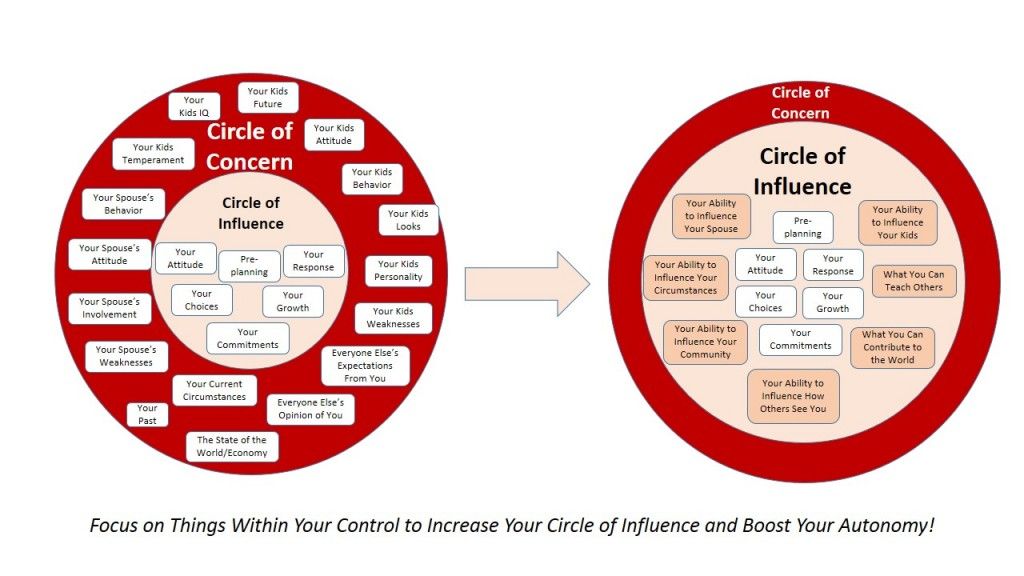
To appreciate all the good qualities of your spouse and learn to appreciate marriage, you will have to descend from heaven to earth. Here is a chart to help change unrealistic ideas about marriage and strengthen relationships. nine0003
Unrealistic ideas
- The transition to married life will be easy and painless.
- I will never be lonely (lonely) again.
- I will never be bored again.
- We will never quarrel.
- He (she) will change over time, and exactly the way I want.
- He (she) will always understand without words what I want and what I need.
- In marriage, everything should be divided equally.
- He/she will do household chores the way I want. nine0008
- Sex will always be great.
Realistic ideas
- Getting married means big changes in life. It will take time to get used to living together and to the new role of husband or wife.
- One person cannot meet all your communication needs.
 It is important to maintain friendly relations with others.
It is important to maintain friendly relations with others. - You, not your spouse, are in charge of your hobbies and entertainment.
- Conflicts are inevitable in any intimate relationship. You can only learn how to successfully resolve them. nine0008
- "You get what you see." You should not hope that you will be able to change old habits or basic character traits of a spouse.
- Your spouse cannot read minds. If you want him or her to understand something, be direct.
- It is important to be able to give and receive with gratitude, and not try to share everything perfectly “honestly” down to the smallest detail.
- Most likely, your spouse has his own habits and thoughts about household chores. Better to just accept it. nine0008
- Good sex is important for a marriage, but you shouldn't expect something incredible during every intimacy. Much depends on the ability of spouses to talk openly on this topic.
If you share any of the beliefs listed in the unrealistic part of the table, you are not alone - such ideas are common.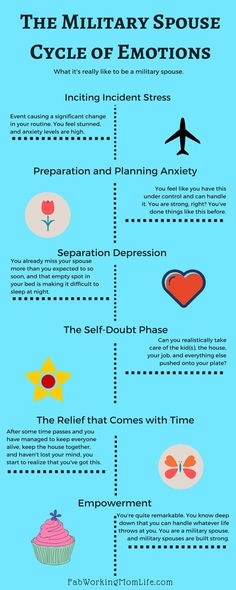 In my psychotherapeutic practice, I often see the damage they do to family life. I also see how relationships improve between spouses when they come down from heaven to earth, abandoning unrealistic expectations, and begin to treat each other more tolerantly. nine0003
In my psychotherapeutic practice, I often see the damage they do to family life. I also see how relationships improve between spouses when they come down from heaven to earth, abandoning unrealistic expectations, and begin to treat each other more tolerantly. nine0003
The notion that spouses should understand each other without words is especially harmful. This often results in mutual misunderstanding and painful experiences.
For example, a wife thinks: “Why does he not do what I would like (or does not understand my feelings). I don’t have to explain to him, he has to understand everything himself.” As a result, a woman, frustrated that her partner is not able to guess what she needs, takes out her displeasure on him - for example, she ignores or refuses sex. nine0003
Or a man who is angry with his partner begins to pout at her and moves away. Resentments accumulate and destroy relationships.
By directly telling our partner about our feelings, desires and needs, we improve mutual understanding and strengthen our bond
What happens if a wife realizes that her husband can hardly read minds? “If I want him to understand what I think and feel and what I need, I will have to tell him,” she realizes and will explain everything to him clearly, but at the same time gently.



